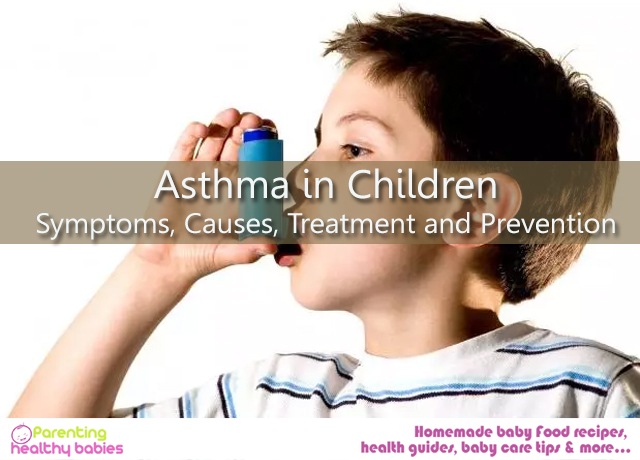Adenoids are glands located in the roof of mouth, behind the soft palate where the nose connects to throat.
What’s an adenoidectomy (adenoid removal)?
Adenoid removal, also called an adenoidectomy, is a common surgery to remove the adenoids. The adenoids produce antibodies, or white blood cells, that help fight infections. Basically, during adolescence the adenoids shrink and till the child reaches adulthood they disappear.
Often adenoidectomy and tonsillectomy(removal of tonsils) go hand in hand. Chronic throat and respiratory infections often cause inflammation and infection in both glands.
Why the adenoids are removed
Frequent throat infections can cause the adenoids to enlarge. The enlargement of the glands can cause obstruction of throat and respiratory passage. In few cases, newly born children have enlarged adenoids. Adenoidectomy may be advised when a child has persistent nasal obstruction, chronic ear or sinus infections, snoring or sleep disturbance.
Adenoids Removal in Children: Symptoms and Risks
Symptoms of enlarged adenoids
Swollen adenoids block the airways and can cause the following symptoms:
- frequent ear infections: as air passage decreases, infection can occur in ears
- sore throat: A sore throat is a painful, dry, or scratchy feeling in the throat
- difficulty swallowing: a child may find it difficult to swallow the food
- difficulty breathing through the nose: since, enlarged adenoids are blocking the nasal passage, so it may pain during breathing through nose
- Habitual mouth breathing: as child faces difficulty while breathing through nose, therefore they choose alternate route i.e. they breathe through mouth.
- Obstructive sleep apnea: It causes breathing to repeatedly stop and start during sleep. It can also cause snoring at night leading to disturbed sleep
- Impaired speech: In some cases, adenoid removal can have long-term negative effects on speech, especially if the child has a short soft palate, a large nasopharynx (the part of the pharynx behind and above the soft palate), a submucous cleft palate, or if their soft palate doesn’t work properly. Your child’s ENT should check these issues before recommending surgery.
Repeated middle ear infections due to swollen adenoids and clogged eustachian tubes have serious implications, such as hearing loss, which can also lead to speech problems. Your doctor may advise your chuild for surgery reason being severe ear or throat infections, that:
- don’t respond to antibiotic treatments
- occur more frequently i.e. 4-5times a year
- impede your child’s education due to frequent absences
Risks of an adenoidectomy
Adenoid removal is usually a well-tolerated operation. Risks from any surgery include bleeding and infection at the surgery site. There are following side effects of surgery:
Nausea and Vomiting
These are the commonest side effect of any medicine or surgery. Since adenoids are the glands located in mouth and if they are removed, vomiting is normal. If you notice severe vomiting, after surgery consult your doctor immediately.
Bleeding side effects occur infrequently after adenoidectomy, but may occur up to 10 days following treatment. These side effects can be serious and patients should be taken to a doctor as soon as possible.
A mild infection across the surgical incision site may cause bad breath in patients following adenoidectomy. A patient can have bad breath even if he brushes regularly. It may persist for up to seven to 10 days after surgery before resolving
Immediately after adenoidectomy, patients may experience sensations of pain within the throat. Sore throat can make your child to avoid food and drink as it make swallowing difficult. Such side effects are temporary and progressively subside as a patient heals from surgery.
What all you should keep in mind after surgery?
If your child has sore throat for about 2-3 weeks after surgery, don’t panic, this is normal. Don’t feed your child spicy or hot foods, or foods that are hard and crunchy for the first couple of weeks. Cold drinks, juices and some of his favorite dessert are soothing and is beneficial too. So, he can take advantage of this and have lots of ice cream.
As after any injury we say that apply ice on it, it will soothe your pain. Same is with this surgery. After surgery, rub some ice over the area of surgery or incision. And yes, one more thing you should keep in mind if your child is allergic to any medicine then inform your doctor beforehand.
This information can help you to make aright choice but, consulting your doctor will give clear view about what to do. Don’t worry if the condition of your child is severe, adenoidectomy need to be done. It will help him to live a normal and healthy life once again.













